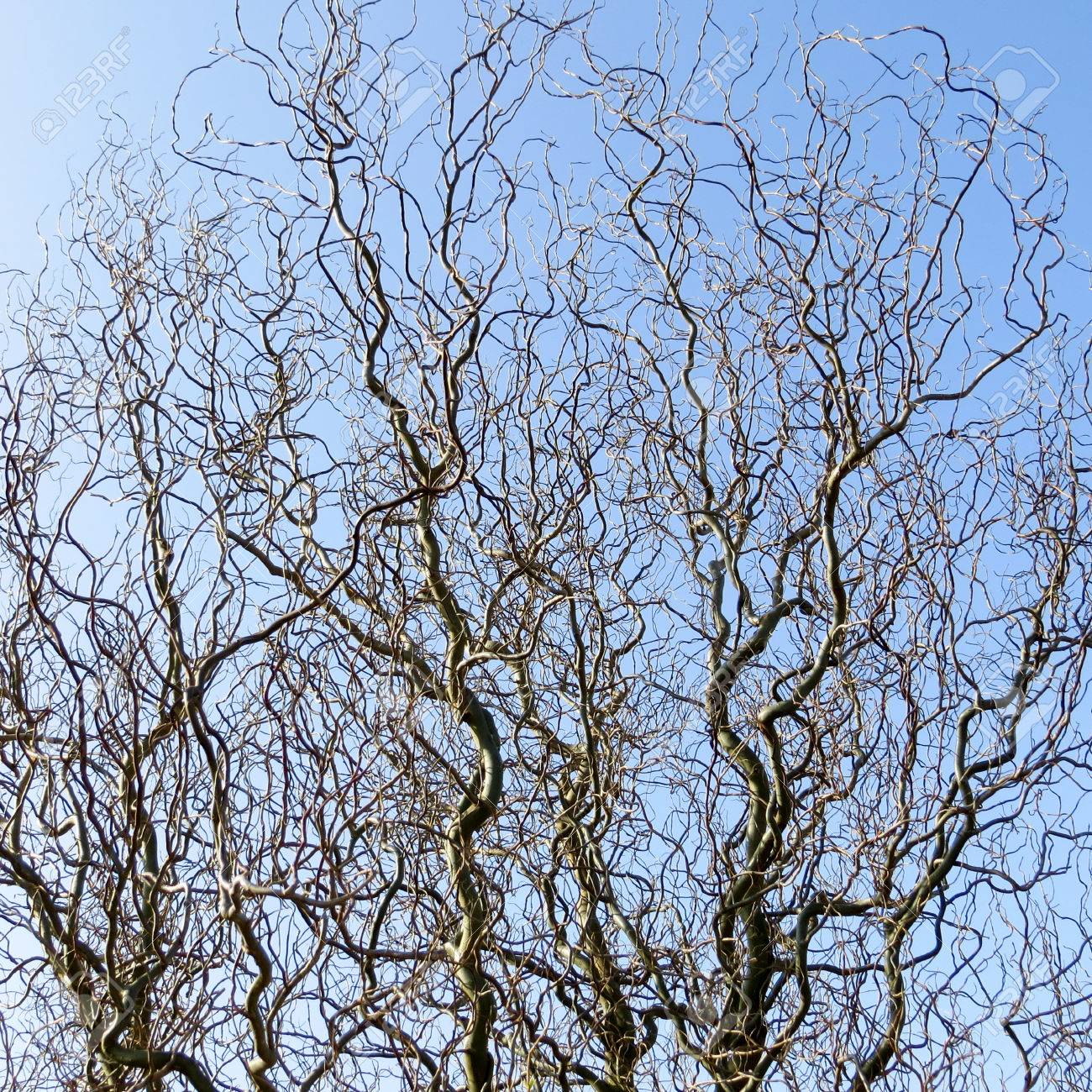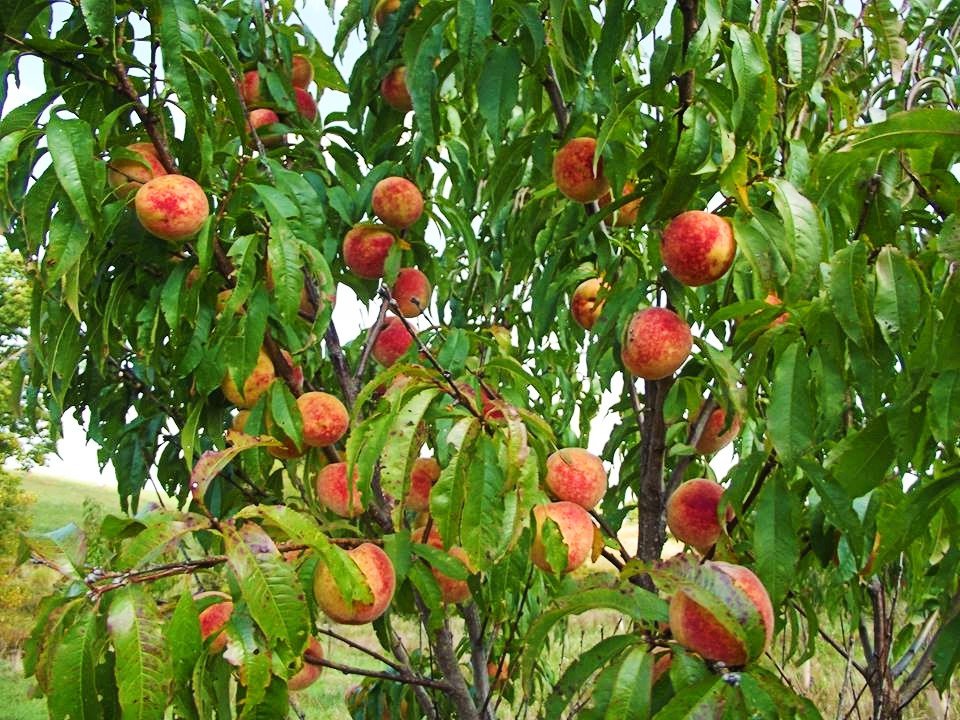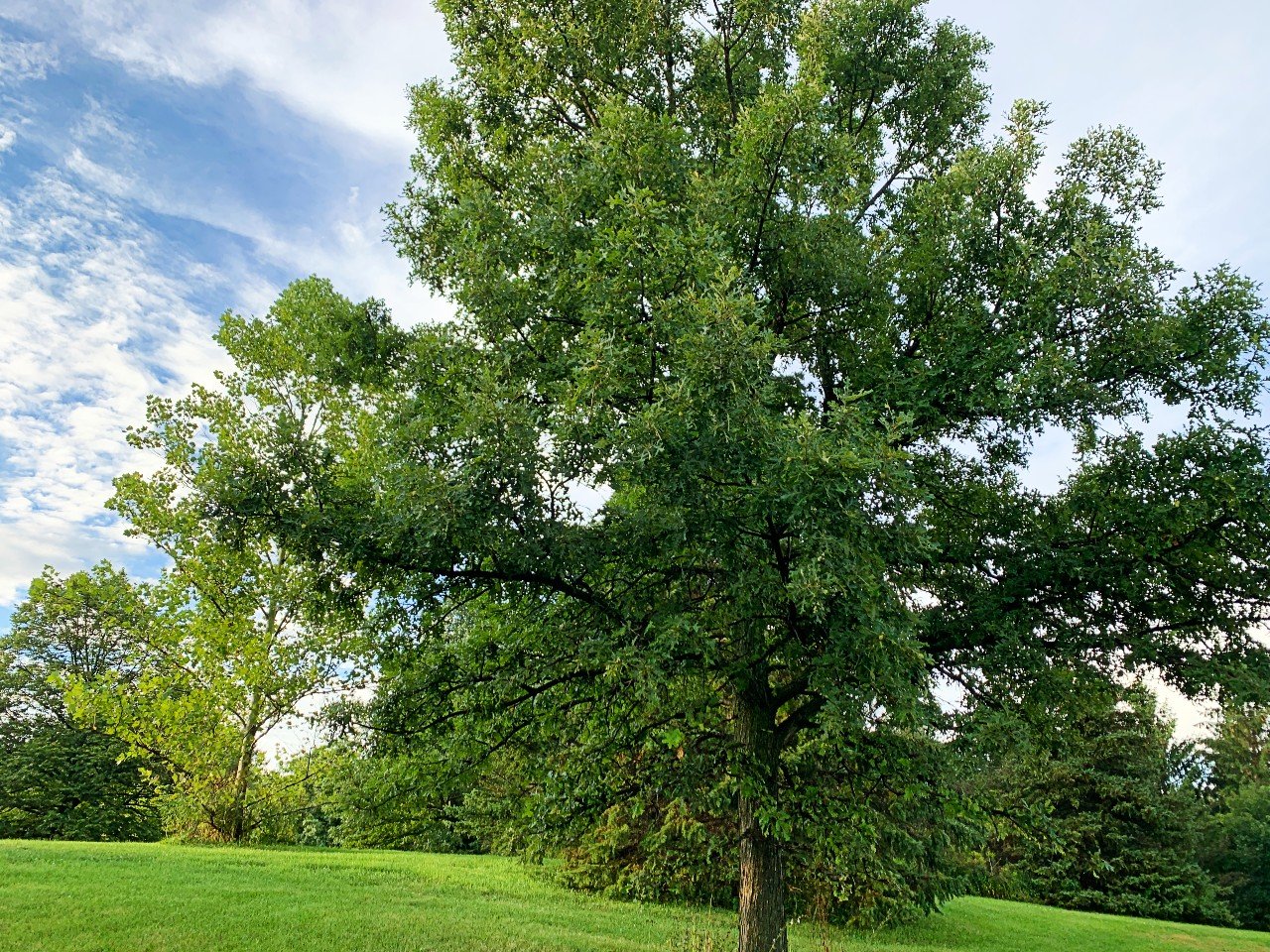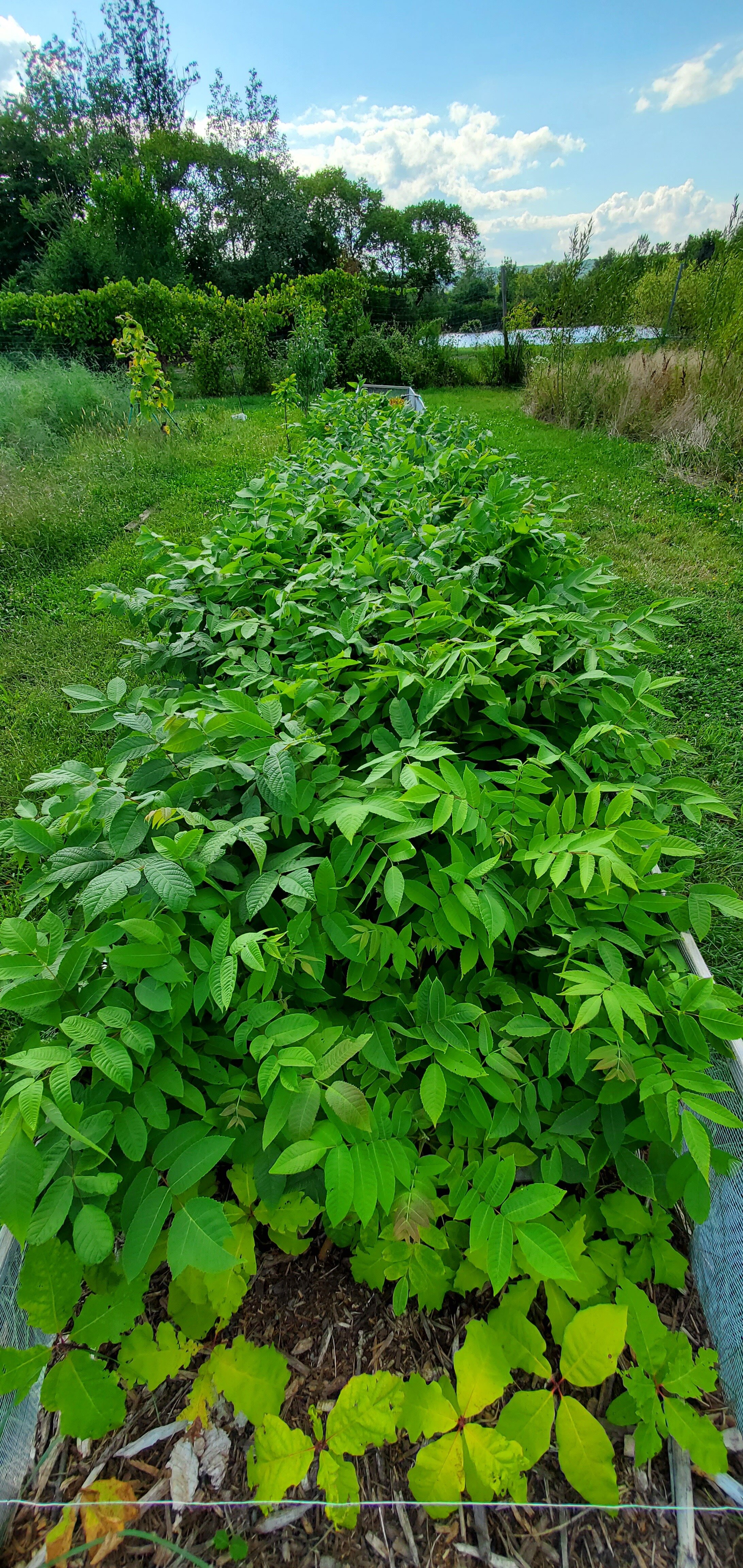
Bare Root Plants for Sale
Thank you for your interest and happy growing!
PLEASE READ: If you are local or regional to the Finger Lakes area (able to pick up in person), feel free to reach out to hello@edibleacres.org with a clear wish list of plants and we will work to arrange a pickup.
We update our inventory on March 1st for Spring bare root sales and September 1st for Fall bare root sales. If you are visiting this page and see everything as sold out, please make a note in your calendar to revisit at our next ‘opening’ and pick up some lovely plants!
Our Fall offerings tend to have higher numbers of trees, shrubs, cuttings and a medley of our abundant and fall appropriate herbaceous perennials. Spring offerings will generally have more herbaceous perennials, grasses, etc and a smaller number of trees and shrubs. We weight our inventory in large part based on seasonal appropriateness for establishment. We hope you understand and visit again if you don’t find what you are looking for this time.
If you are super eager to get plants now, we now have a Permaculture Nursery page that lists friends of ours with ethical and thoughtful growing practices. We strongly encourage you to check them out and get some awesome plants from them too!
Please be aware that some plants are considered ‘illegal’ in some states. It is possible that some of our plants are not allowed to be planted where you live. If you are in doubt, you can search the plant and your state and see if it is prohibited or ‘illegal’ to plant and if so please don’t order it. Thanks.
TIP: Use the tags above to help filter our offerings by characteristic (ie. click on ‘fruit’ to find any fruit bearing plants we offer, etc.) As we add more and more it is a helpful way to find a plant to fit your goals…
Thornless Honey Locust
Thornless Honey Locust
Gleditsia Triacanthos var. Inermis
We’ve been growing Thornless Honey Locust trees from seeds collected from mother trees with long, large pods and strong, upright growth. Some seedling trees 5-6 years old have trunks 6”-8” in diameter and over 20’ tall. We’ve pollarded some of those trees and they’ve regrown nearly 10’ in a year!
Incredible biomass producing trees, with reliable, vigorous and clean growth. Being thornless makes it way more reasonable to manage them as chop and drop trees. Their fine and feathery leaves break down rapidly in the soil, making them almost like a tree version of Alfalfa! Very nourishing to the soil. There are arguments as to Honey Locust being a nitrogen fixer or not. We can’t say since we aren’t scientists but from experience they seem to support and nourish the younger trees around them in our plantings. Structurally they are strong and sound so they can also provide trellises for vines to grow on.
We’ve seen next to no deer browse or any other herbivory on our plantings and have never seen disease or stress issues (that said, rabbits LOVE the young plants in the winter, so be aware of that). These have been some beautiful, vigorous, healthy beings and we’re excited to have enough to now be able to share them with others!
Oh! Their pods also contain a rich gooey substance around the seed pods that is the source of their name… Honey Locust. Almost like a smoked honey flavor, very sweet. Their wood can also be harvested for high quality firewood as needed. Pretty darn valuable permaculture support plant indeed.
Important note: After a number of years of growing these wonderful trees, we’re learning more about them. In particular, we have observed an interesting behavior: that if the Honey Locust is injured, cut hard, or otherwise hurt it may opt to develop thorns! We’re trying to understand it better, but we’ve heard this from other folks, too… What was a purely thornless Honey Locust can become thorny after injury, heavy pruning, browse, etc. Something to consider. If you truly can’t tolerate any thorns in the landscape, this plant may disappoint you someday! Still so much to learn…
Site Preference:
Seems to prefer full sun, but we have them growing in part shade and they can handle it. Tolerant of challenging soil conditions.
Hardiness:
Zone 3-9
We offer smaller 1st year plants and much larger 2nd year plants, all from thornless parents.







